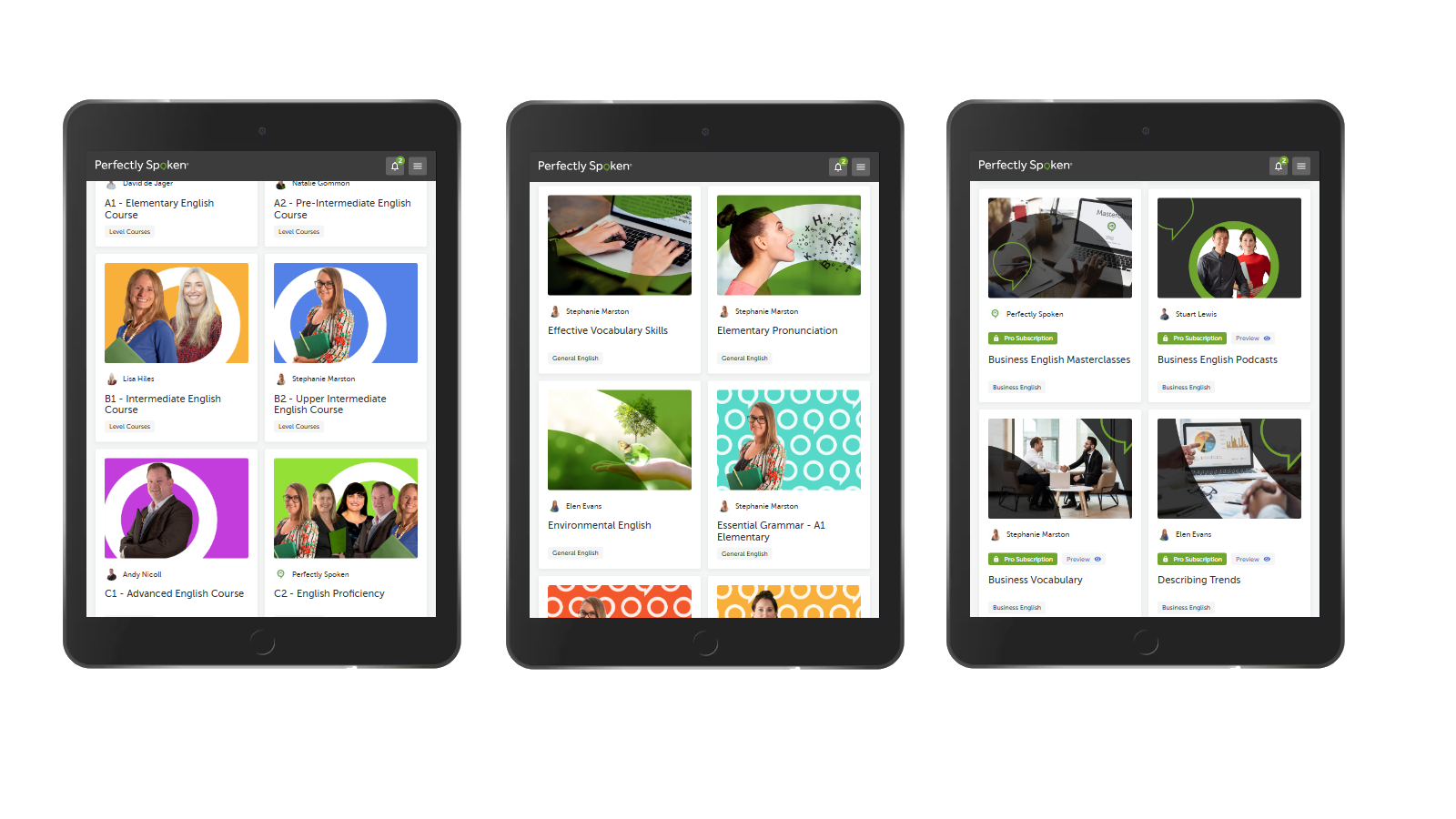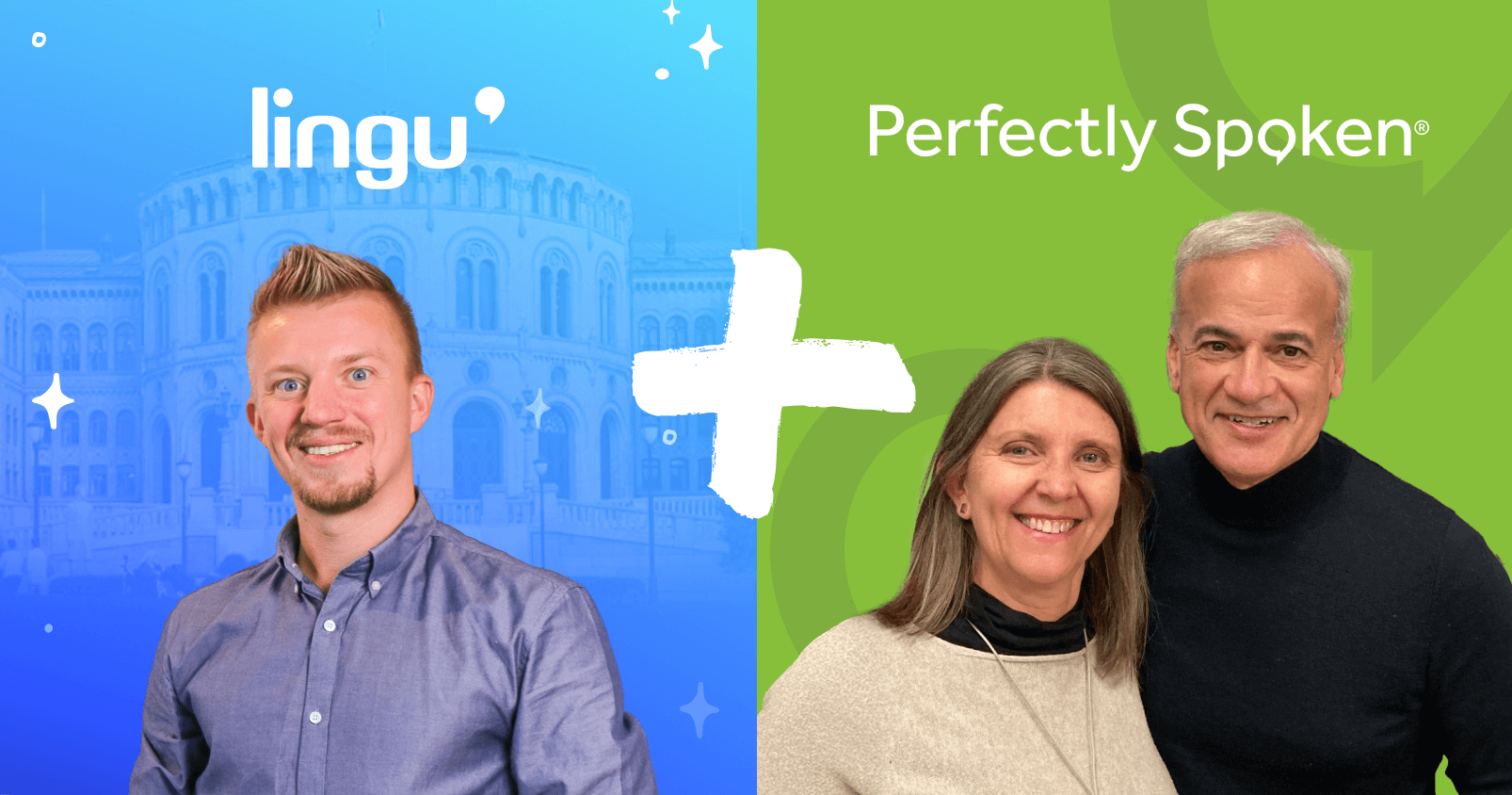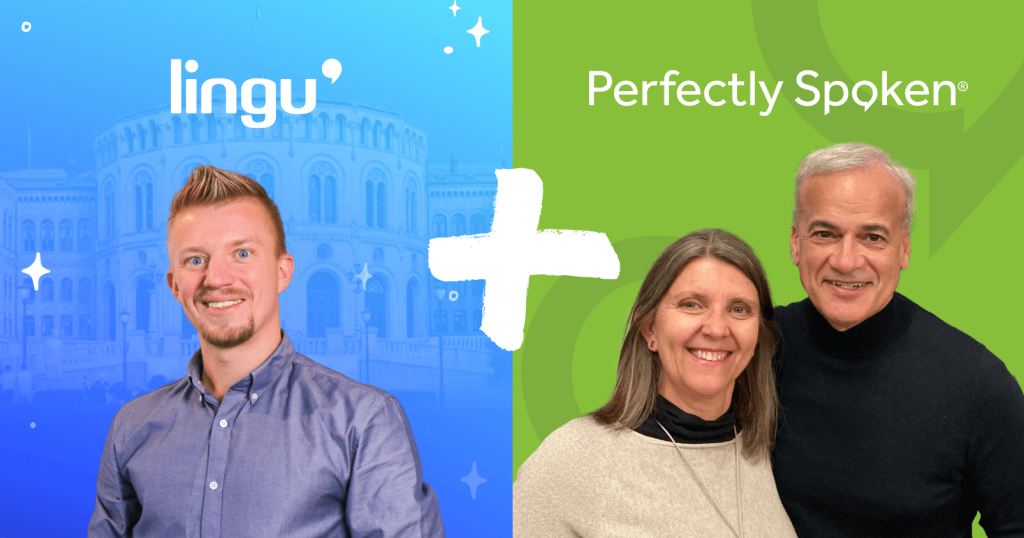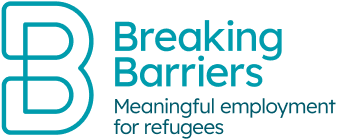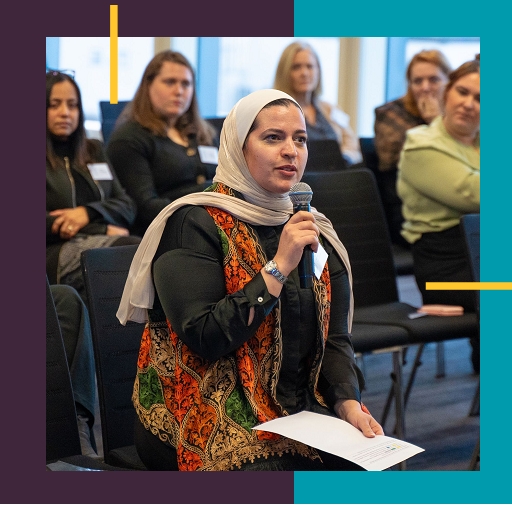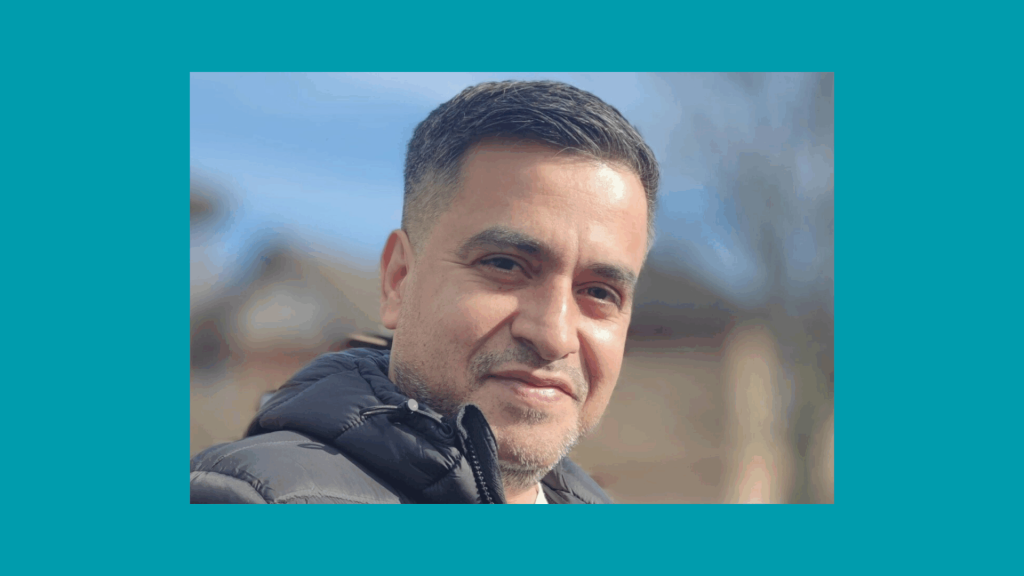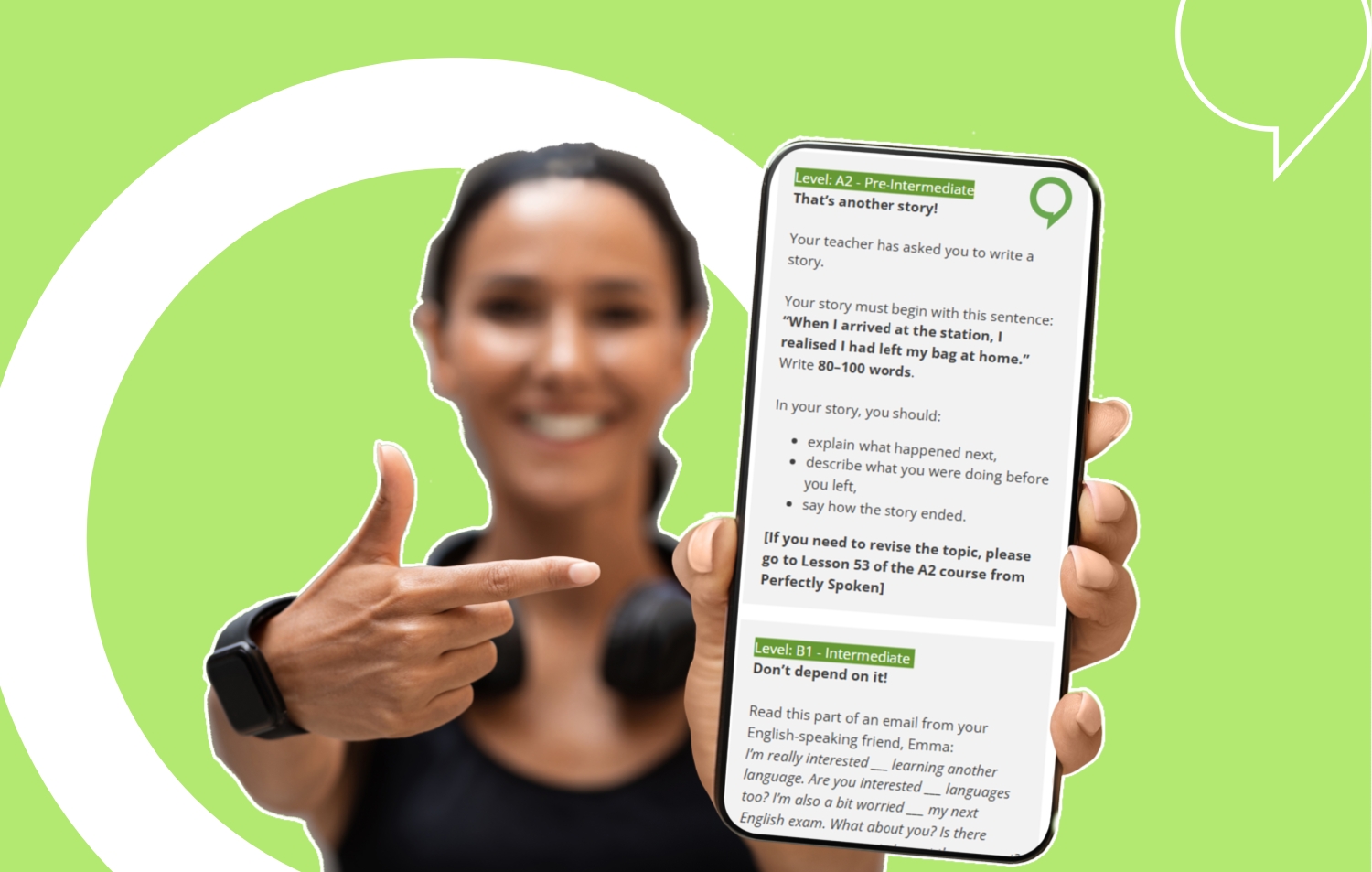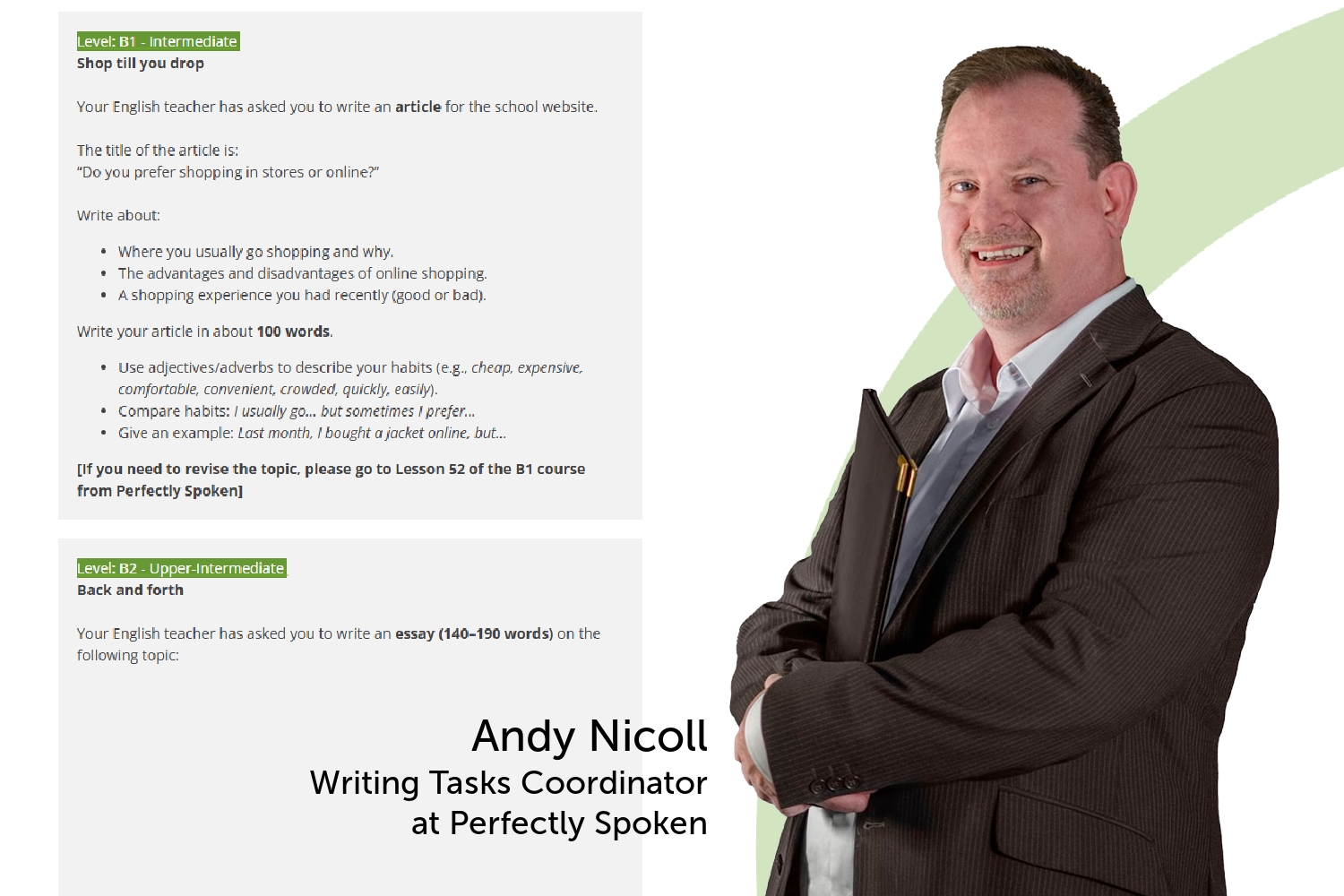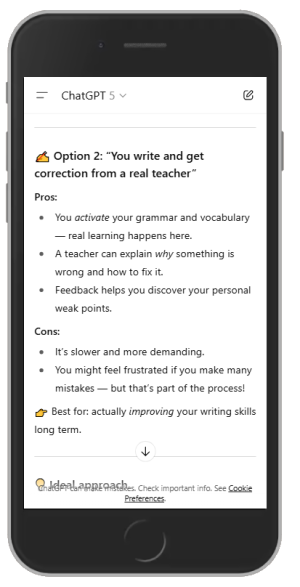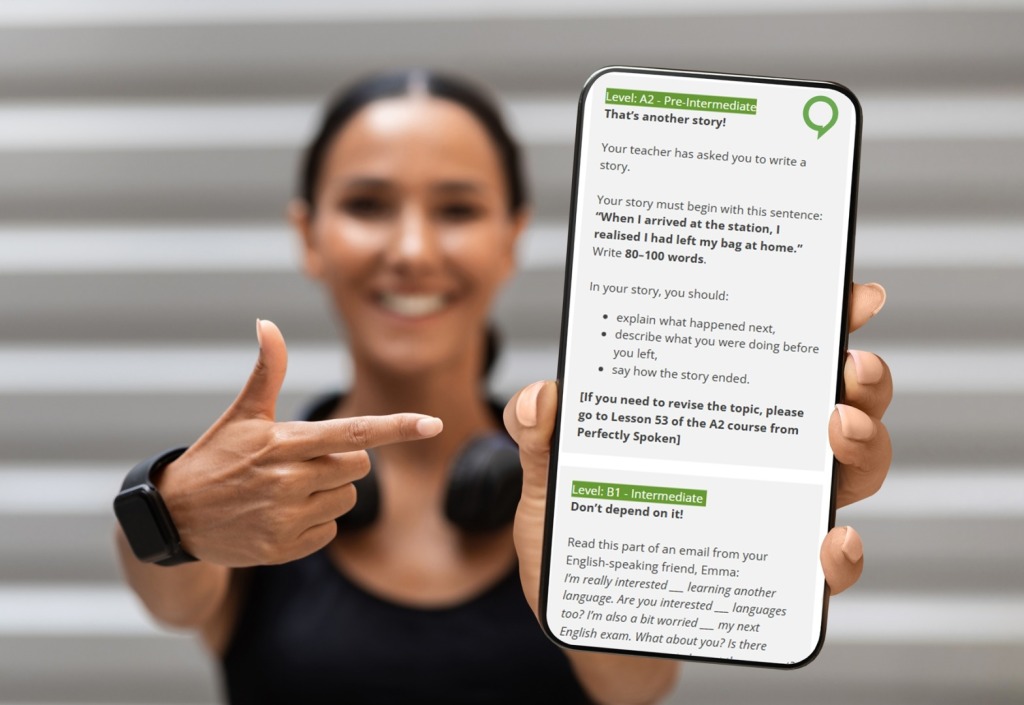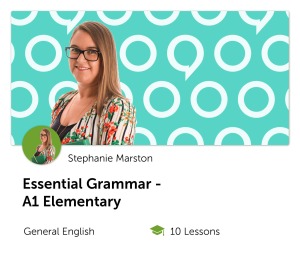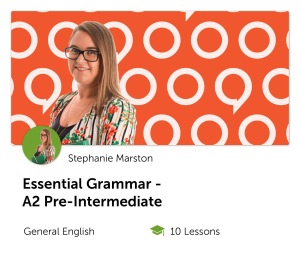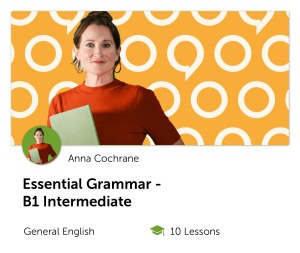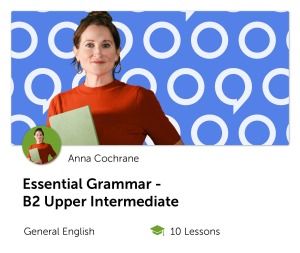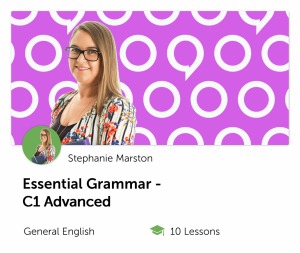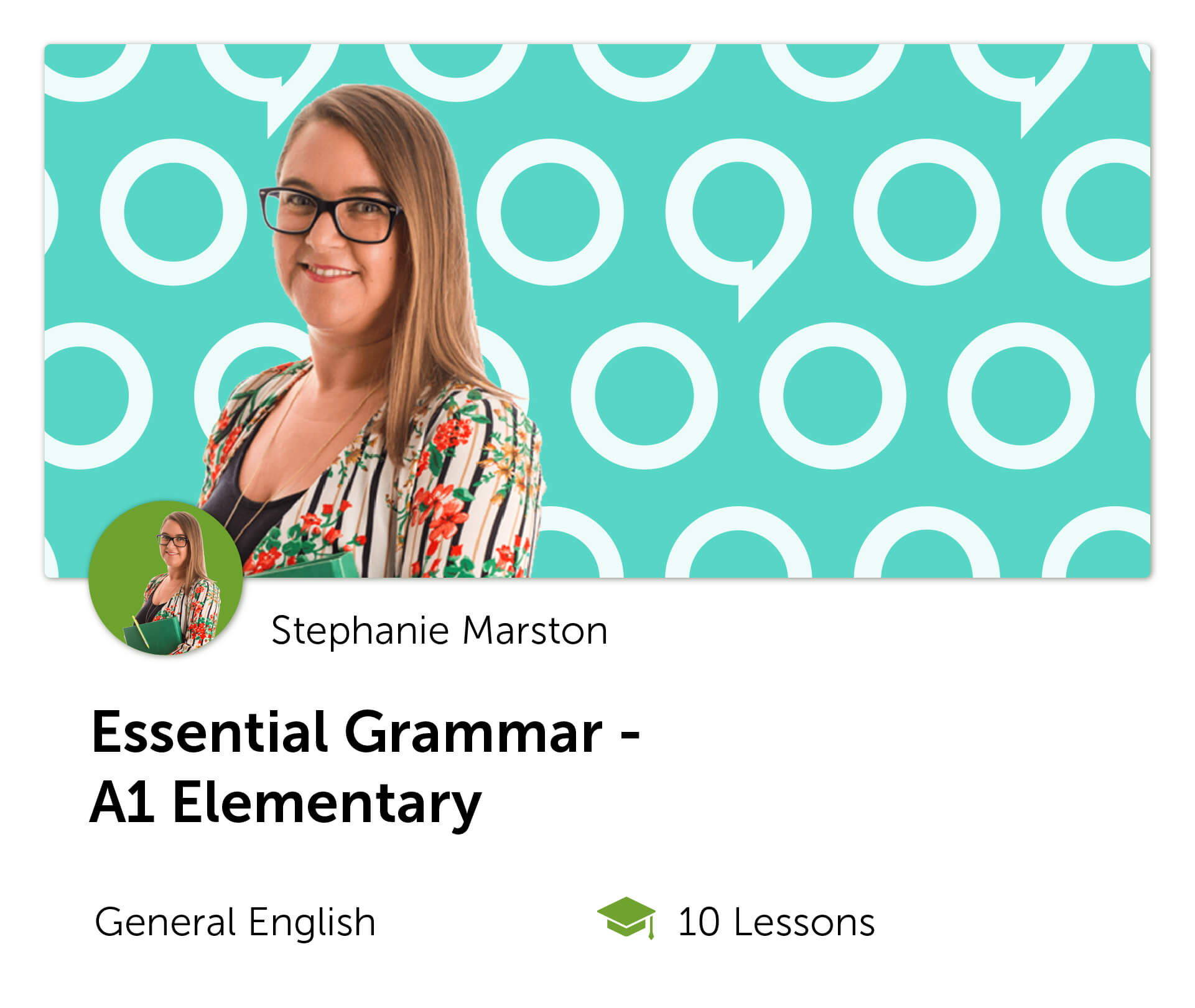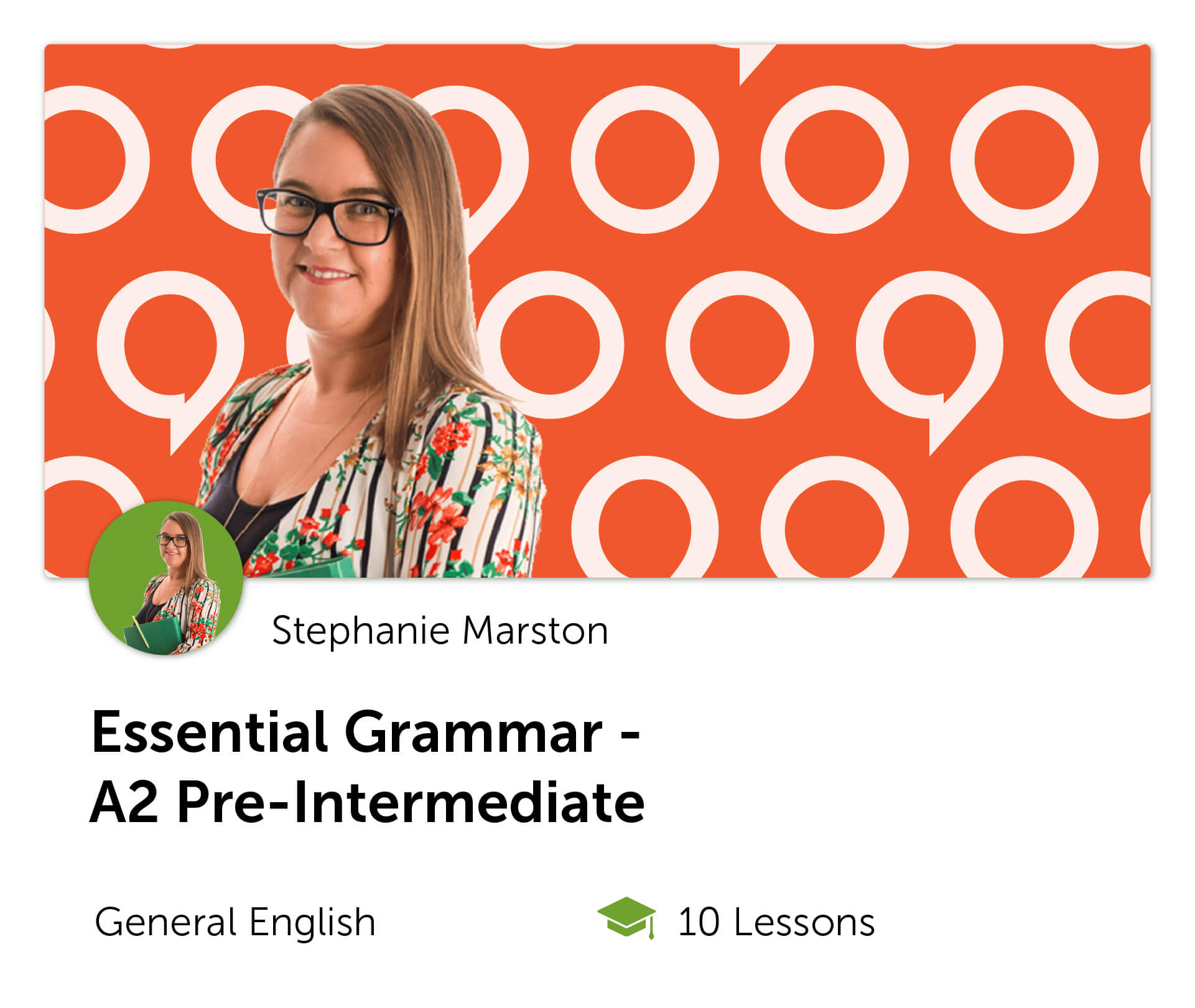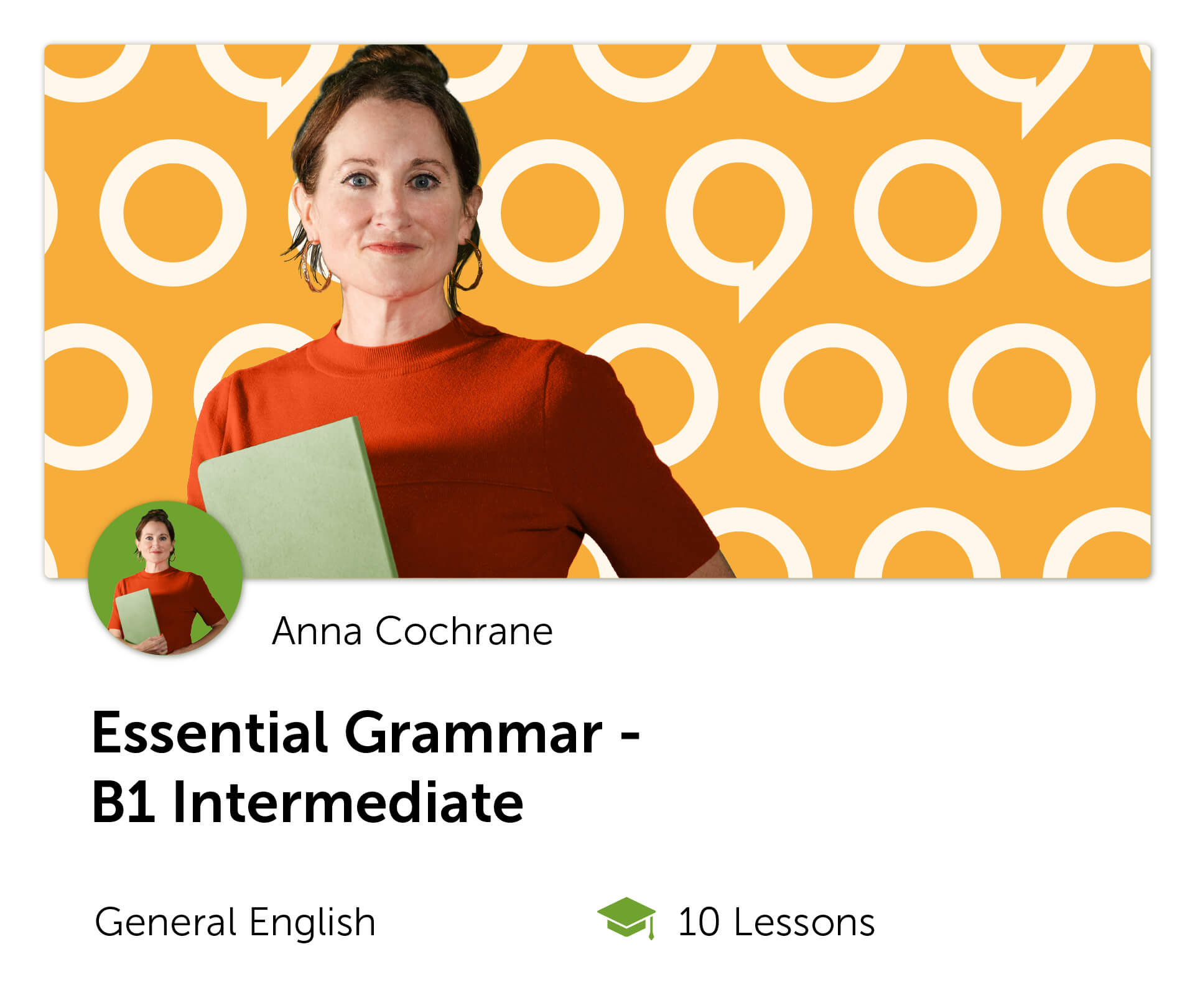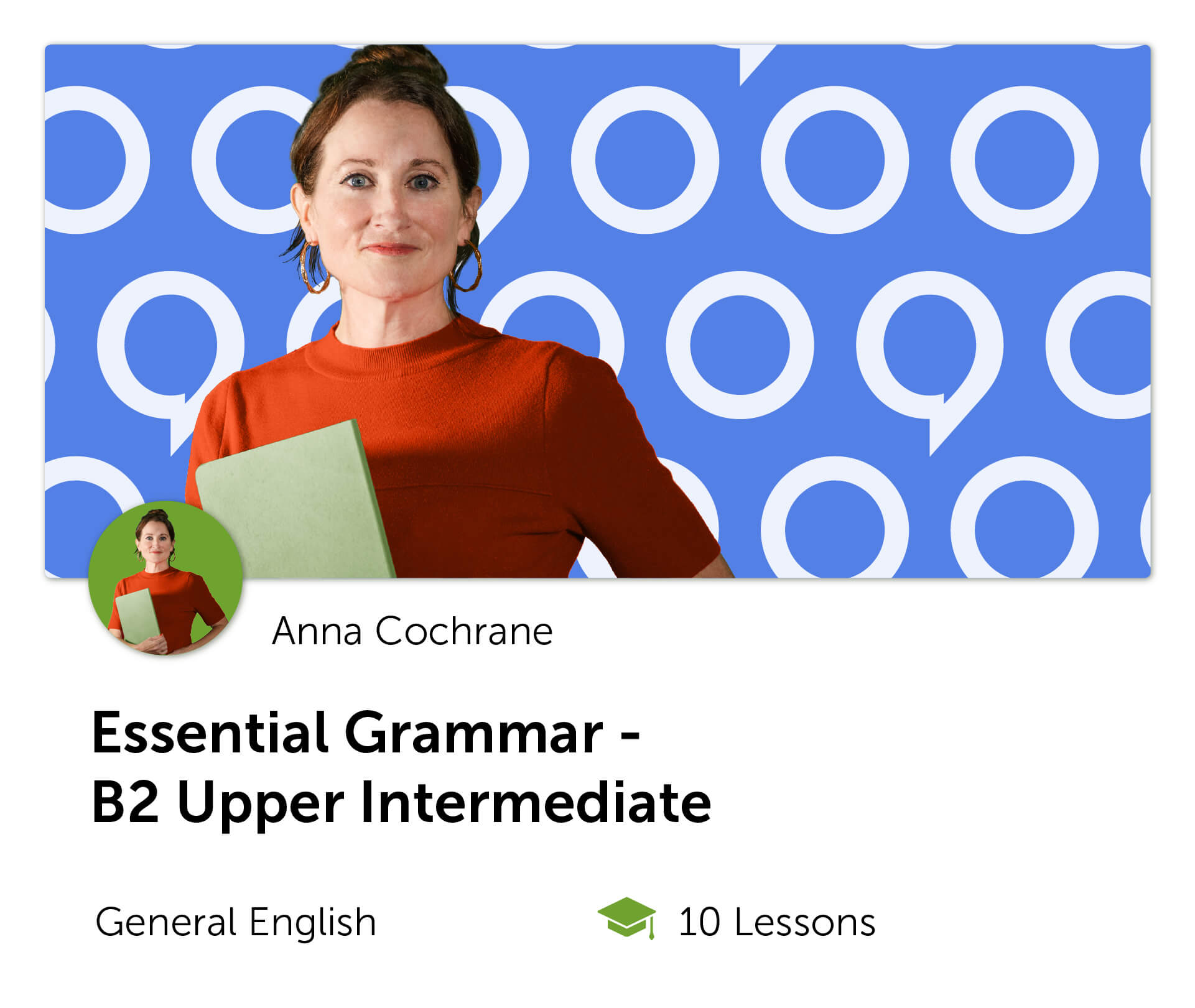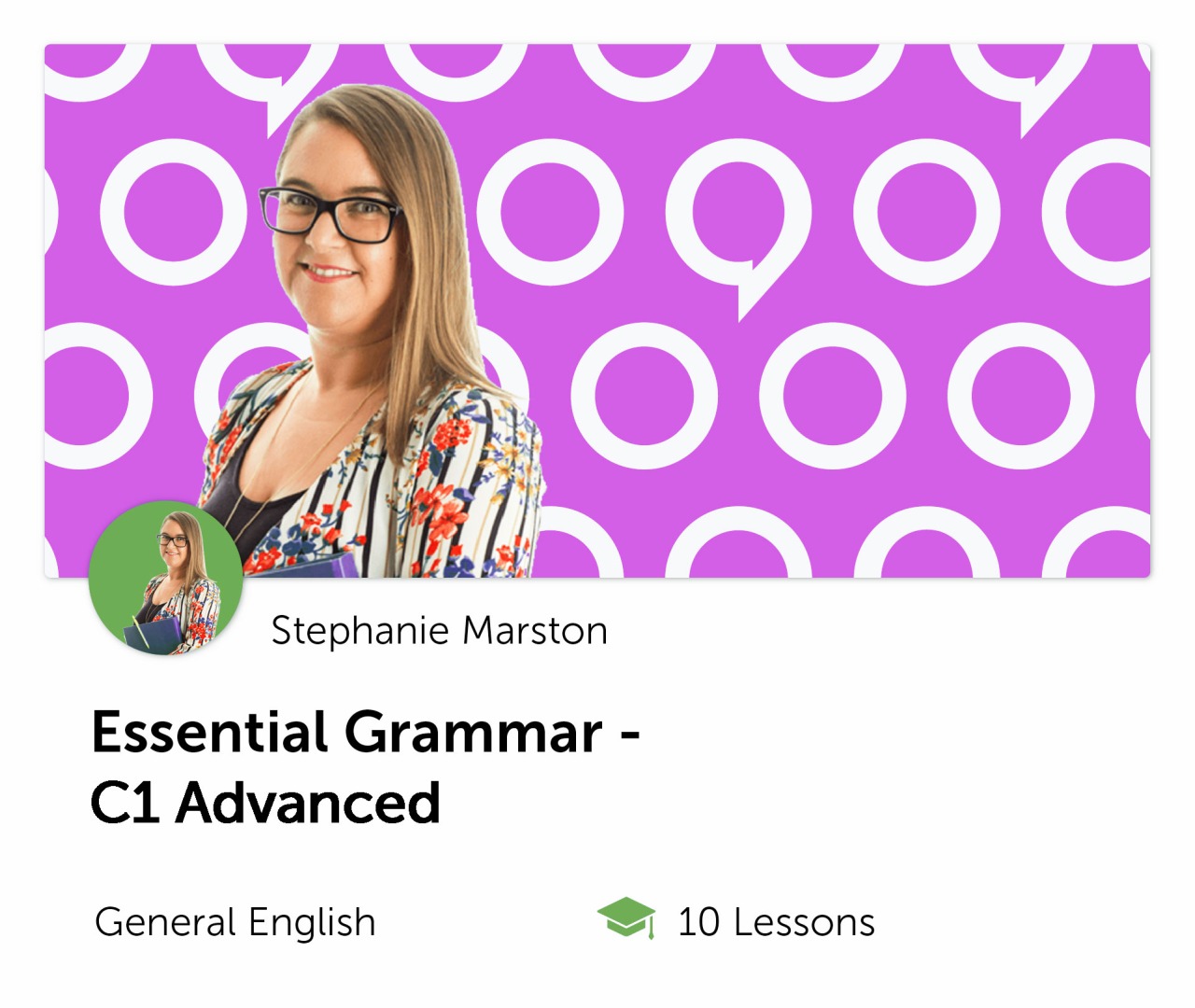Improve your English vocabulary: practical tips that really work
If you’re an online English learner wondering how to improve your English vocabulary without memorising endless word lists, you’re not alone. Many students work hard but feel their vocabulary doesn’t grow as quickly as their effort. The problem is usually how vocabulary is learned, not how much time is spent.
In this guide, you’ll find practical English vocabulary tips that work at any level, help you remember words long-term, and show you what not to do — and why.
Learn English vocabulary that matches your level and your life
One of the most common mistakes learners make when trying to learn English vocabulary is focusing on words that are too advanced or too rare. While academic or high-level vocabulary looks impressive, it’s rarely useful in daily communication.
Instead, focus on:
- Vocabulary you hear or read regularly
- Words connected to your work, studies, or daily life
- Language you can use immediately in speaking or writing
Learning useful, level-appropriate vocabulary builds confidence and fluency far faster than learning difficult words you never use.


Learn vocabulary in context – not as single words
Trying to memorise isolated words or translations is one of the least effective ways to improve English vocabulary. Words in English almost always appear in phrases, patterns, or typical situations.
A better approach is to:
- Learn whole phrases and collocations
- Study example sentences, not just definitions
- Notice how words change in formal and informal situations
For example, learning “make a decision” or “reach an agreement” is far more useful than learning each word separately.
Use new vocabulary actively (this is where real progress happens)
Reading and listening help you recognise vocabulary — but speaking and writing help you remember it.
To make new vocabulary stick:
- Use new words in your own sentences
- Practise them in real conversations
- Revisit and reuse words regularly
This is why online English vocabulary practice is so important. Our weekly live vocabulary practice sessions with our teachers give students the chance to use new words naturally, receive feedback, and build confidence in real communication.


Why memorising word lists usually doesn’t work
Many learners still try to:
- Memorise long vocabulary lists
- Cram* words before tests
- Use flashcards without context
*Try to learn a lot of information in a very short time, usually just before a test or exam.
This approach often fails because the brain forgets information that isn’t meaningful or used. Vocabulary is a communication skill, not a memory test. Without context and active use, new words are quickly lost.
Create simple, repeatable vocabulary system
You don’t need complicated systems or expensive tools. A simple routine works best:
- Keep a small notebook or digital list
- Write the word, an example sentence, and a usage note
- Review vocabulary little and often
Our dedicated Vocabulary courses are designed around this exact principle — helping learners notice, practise, recycle, and confidently use English vocabulary at the right level.


Useful free apps to support vocabulary learning
Free apps can support vocabulary learning when used correctly — as support, not as the main method.
We recommend:
- Quizlet – great for creating personalised vocabulary sets
- Anki – excellent for spaced repetition when used with example sentences
- BBC Learning English – clear explanations and real-life language use
Apps work best alongside guided learning, feedback, and live practice.
The best way to improve your English vocabulary isn’t to learn more words — it’s to learn the right words, in the right way, and to use them often. Combine self-study, quality input, and live practice, and your vocabulary will grow naturally and confidently over time.
And remember — you don’t have to learn vocabulary alone. We’re here to practise it with you.
Start improving your English skills today!
Start your 7-Day Trial now with access to a selection of video lessons and live practice sessions






